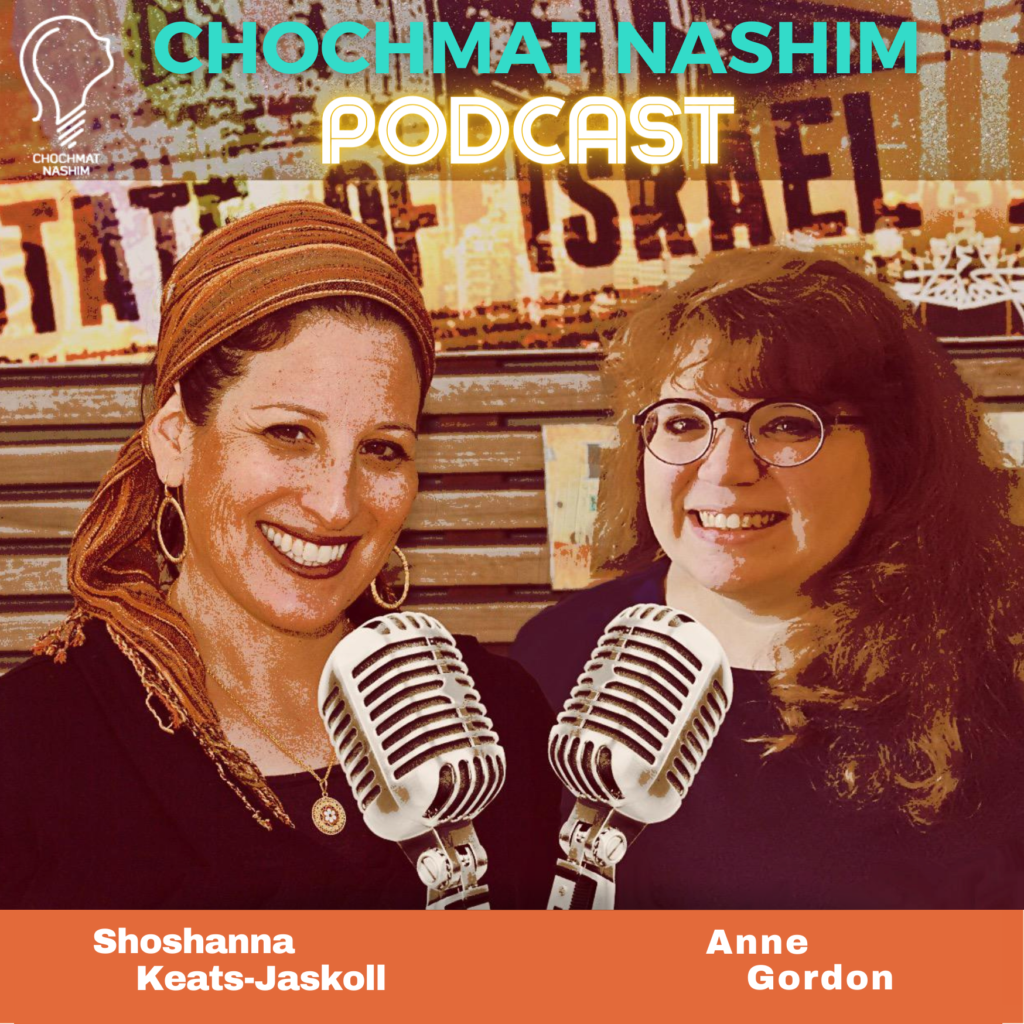For the 18-year-old, ecstatic to start the Jewish home she was raised to build, who wonders at the erratic behavior of the man before her, and thinks, Surely, if something were wrong, someone would have said something.
For the 20-year-old, now a mother of two, wondering what happened to her “Torah scholar” who spends more time on the internet than in the beis medrash, the study hall where he is supposed to be learning Torah.
For the 22-year-old mother of three, who asks again for permission for birth control because parenting alone, due to a mentally ill husband, is taking its toll.
For the 24-year-old, who finally leaves in the middle of the night with her babies, her bruises, and the bag on her back, only to return the next week because “shalom bayis” — peace in the home — is her job and maybe if she tried harder, if she smiled more, if she had dinner on the table, he wouldn’t hit her again.
For the 26-year-old mother of four, who tells her story over and over again to anyone who will listen, but stops when a therapist from the community suggests she take antidepressants if she isn’t happy in her marriage.
For the 28-year-old, who refuses her husband’s demand that she be intimate with his friend — while he watches.
For the 30-year-old, who discovers her husband visits prostitutes because she needs treatment for an STD.
For the 32-year-old, forced to lie beneath him yet again, though Halacha forbids them to be together at that time.
For the 34-year-old, who cannot ignore her husband’s late-night excursions to their daughter’s room, but wonders who will believe her, to whom she can turn?
For the 36-year-old, who is told not to shame the family when she tells them she needs a divorce.
For the 38-year-old, who can no longer live this way and leaves, his snarled, “You’ll get a get when you’re old and wrinkled and no one will ever want you again” ringing in her ears.
For the 40-year-old, working two jobs and struggling to make ends meet, while he refuses to pay child support, yet remains a welcome guest at shabbat meals.
For the 42-year-old, whose rabbi told her that physical abuse isn’t a reason for divorce and asked why she hadn’t tried other sexual positions to make him happy.
For the 44-year-old who keeps calm while she hears the list of what he wants in exchange for her divorce (delivered by a rabbi): give up her demand for back unpaid child support; give up her right to half of value of the house; drop all charges of abuse; close the restraining order; and pay $150,000 for his shame of her seeking a divorce.
For the 46-year-old, who trembles in fear as her daughter walks down the aisle having refused to sign a halachic prenup because “Your story isn’t mine.”
For the 48-year-old, whose children are ashamed of their mother’s pursuit of a get, still after all these years.
For the 50-year-old, who never experienced real love and affection from her spouse.
For the 52-year-old, who endures community members comments that her suffering may be a tikkun — to make up for something wrong she had done in the past.
For the 54-year-old, who is chained in marriage because she refused his extortion, but he received a heter meah rabbanim, a permit signed by 100 rabbis that allows him to marry another (because her refusal got her labeled a “moredet” — a rebellious woman).
For the 56-year-old, past her child-bearing years, so lonely that she begins to date, and is shamed for seeking love.
For the 58-year-old, who turns to the religious women on Instagram to help her plead her case, baring her pain in the hope that the shame will move him — and the community — into action, since nothing else has.
For the 60-year-old being sued by her husband for libel for daring to tell her story on the internet.
For the 62-year-old, who still fields calls urging her to pay him off and buy her freedom.
For the 64-year-old whose emunas chachamim (faith in the rabbis) is as dead as her marriage.
For the 68-year-old, who watches in trepidation as her granddaughter begins to date, wondering how to protect her in a world where a Jewish woman’s dignity doesn’t matter.
For the 70-year-old, who dies an agunah, bearing his name, trapped in marriage forever.
עַל־אֵ֣לֶּה | אֲנִ֣י בֽוֹכִיָּ֗ה
For these I weep
—
*The above is an amalgamation of many real women’s stories.
